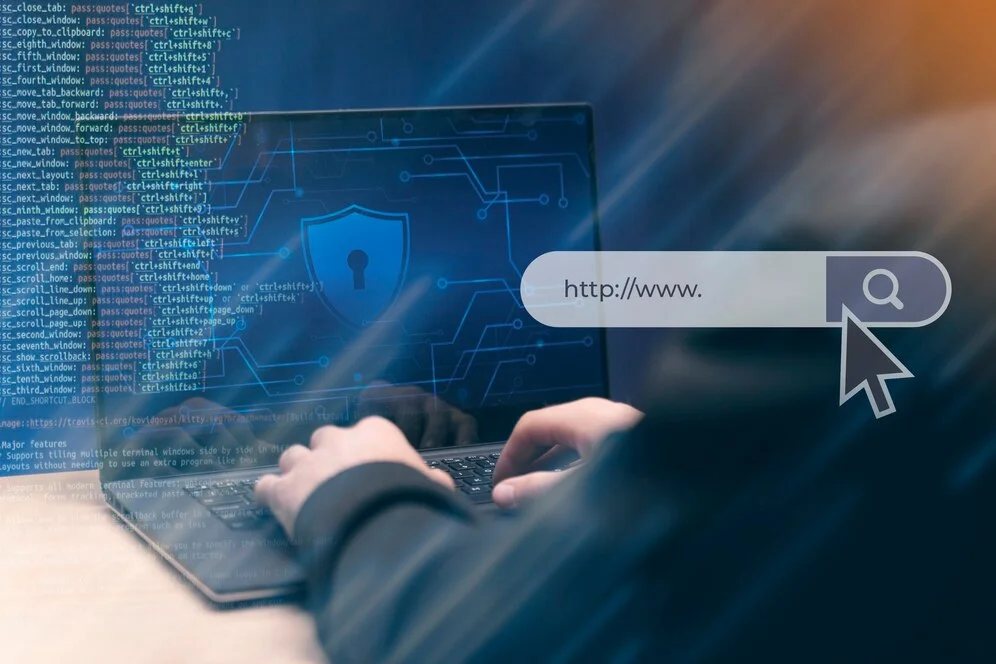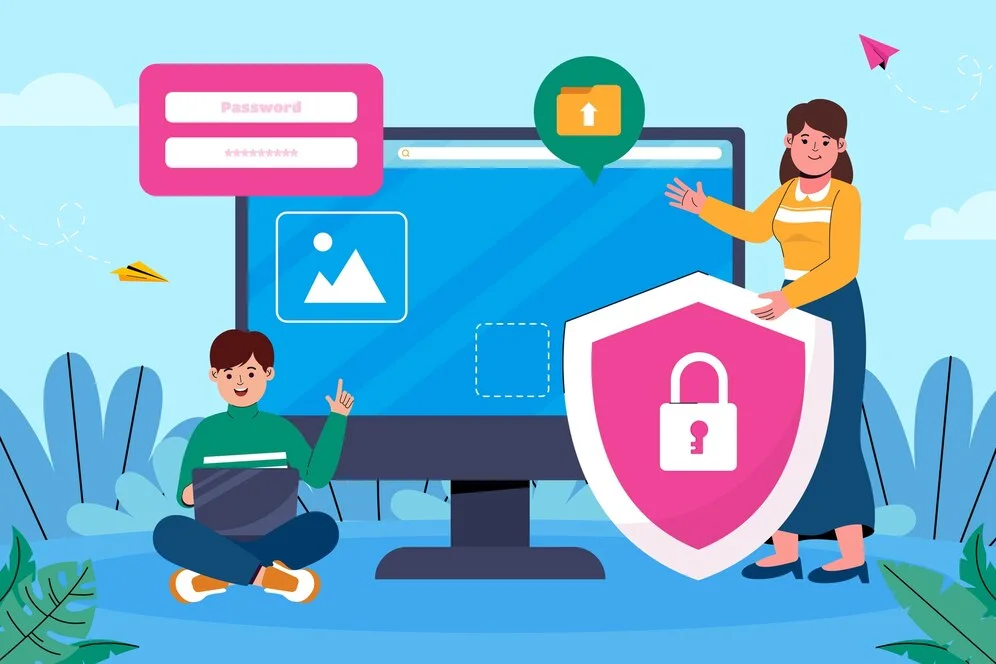Home / Blog


Learn why the importance of website security is vital for online businesses. Discover simple steps to protect your website from cyber threats and improve your SEO rankings.
In today’s digital world, securing your website has never been more critical. With increasing cyber threats and sophisticated hacking techniques, businesses are at constant risk of being attacked. For online businesses, website security is not just an option; it’s a necessity. But why is the importance of website security so crucial, and how does it affect the long-term success of your online business?
Website security refers to the measures taken to protect your website from cyber threats, hacking, and data breaches. Websites are the front door to your business in the digital space, and just like your physical storefront, they need to be secured to prevent intruders from causing damage. This article delves into why website security is essential for online businesses and how it can impact various aspects of your operations, from customer trust to SEO rankings.

Every online business collects some form of customer data—whether it’s personal information, credit card details, or email addresses. If your website isn’t secure, this sensitive data is at risk. A data breach not only violates your customers’ privacy but can also lead to identity theft and financial loss.
Hackers continuously look for vulnerabilities in websites to exploit. Cyber attacks can range from website defacement to denial-of-service (DDoS) attacks and even malware installation. These attacks can severely damage your business by taking your website offline, affecting customer access, and even compromising your brand’s reputation.
Google and other search engines prioritize secure websites, especially those using HTTPS (Hypertext Transfer Protocol Secure). If your website isn’t secure, it can lead to a drop in search rankings, ultimately affecting your visibility.
Cybercriminals may hack your website for financial gain, either by stealing customer payment information or demanding a ransom to restore access. The importance of website security lies in mitigating these risks and preventing costly breaches.

One of the simplest ways to improve website security is by using strong, unique passwords. Encourage employees to use different passwords for different systems, and implement multi-factor authentication (MFA) for an added layer of protection.
Web platforms and content management systems (CMS), such as WordPress, often release security updates. Regularly updating your website’s software ensures that you’re protected from the latest vulnerabilities.
SSL certificates encrypt the data transferred between the user’s browser and your server, ensuring that sensitive information is securely transmitted. Websites with HTTPS encryption are seen as secure by both users and search engines.
Having regular backups of your website ensures that you can restore it in case of a cyber attack. If your website data is lost or corrupted, backups can help you recover quickly and minimize damage.
Choose a web hosting provider that prioritizes security. This includes ensuring the server is protected from DDoS attacks, malware, and unauthorized access.

It’s essential to update your website’s security as soon as a new security patch or update becomes available. Regular maintenance, such as weekly or monthly checks, is a good practice to stay on top of vulnerabilities.
Signs of a hacked website include unusual redirects, sudden changes in website content, a decrease in website performance, or unauthorized changes to your login credentials. If you notice anything unusual, seek immediate professional help.
SSL (Secure Sockets Layer) is a protocol that encrypts data transferred between the browser and the server. It ensures that all sensitive information, such as credit card details and personal information, is protected. Having an SSL certificate is crucial for website security and SEO rankings.
The first step in recovering from a website attack is to take the site offline to prevent further damage. Then, restore your website from a backup and update all passwords. If you’re unsure, consider contacting a professional security expert to help with the recovery process.
The importance of website security cannot be overstated in today’s digital landscape. Online businesses face numerous risks, from cyber attacks to data breaches, which can have devastating effects on their operations and reputation. However, by implementing the right security measures and staying vigilant, you can protect your business, your customers, and your valuable data from malicious threats.
When it comes to securing your website, taking proactive measures is the key. From regular software updates to using SSL encryption, these steps help ensure that your website remains secure. Partnering with a reputed web development company ensures that your website is built with the latest security protocols and that your business stays protected. As businesses continue to thrive in the online space, website security must remain a top priority to ensure long-term success and growth.
In the world of eCommerce, it’s essential to stay ahead of cyber threats to protect your brand and customers. Taking steps now to secure your website will help you build trust with your audience and safeguard your online business against the evolving landscape of cyber threats.